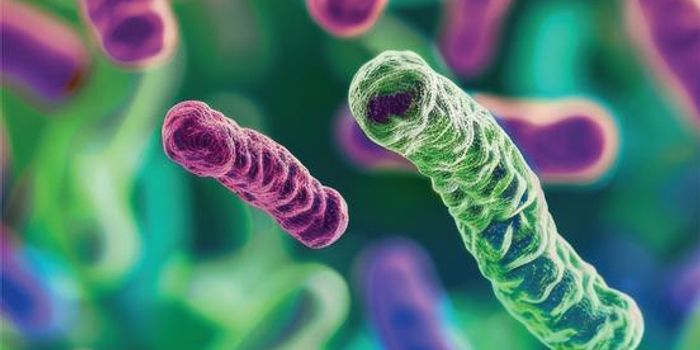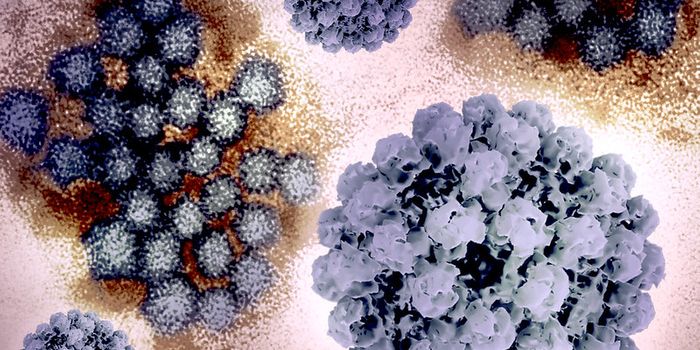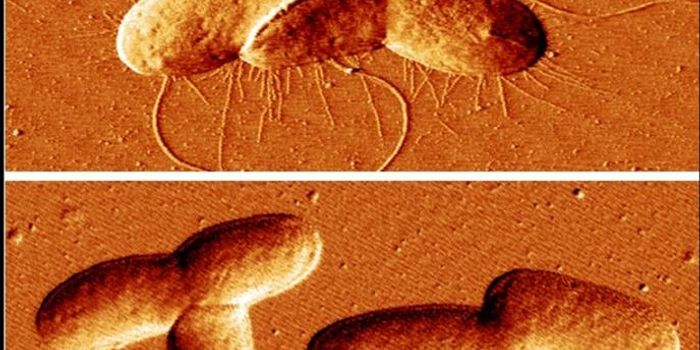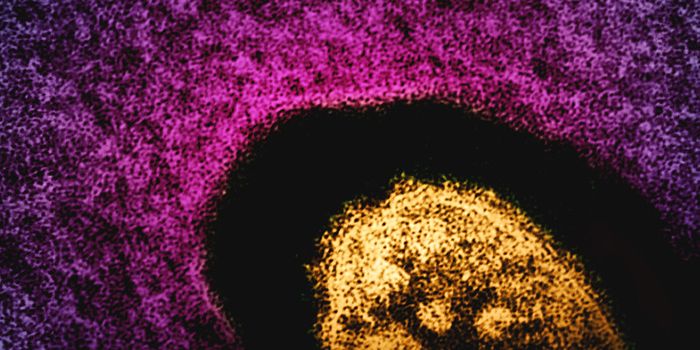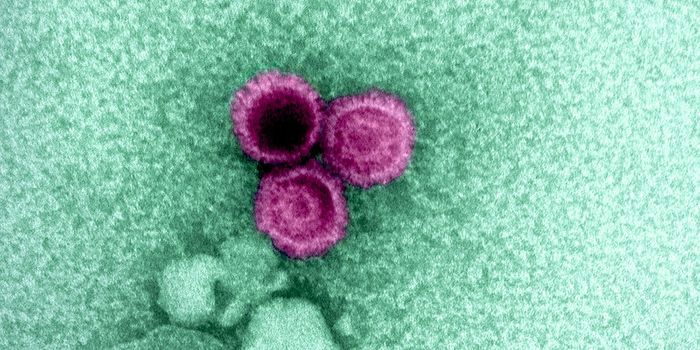An Unknown Unknown - What's the State of Microbial Biodiversity?
Scientists have shown that healthier communities of microorganisms in the human gut are also more diverse. But what about the natural world? We know that biodiversity among plants and animals is in serious decline and has been for some time. Some researchers have even warned that a sixth mass extinction is currently happening. Now, investigators are asking whether we should begin to monitor microbial diversity.
Though we're aware of lots of mysteries, there's also stuff we're totally unaware of that we also haven't even thought about - the unknown unknowns. Microbial diversity is a kind of biological unknown unknown, said Dr. David S. Thaler of the University of Basel, Switzerland, a Guest Investigator at The Rockefeller University's Program for the Human Environment (PHE).
"Socrates called ignorance of what we do not know 'profound ignorance'...We have no idea whether global microbial diversity is increasing, decreasing, or staying the same," said Thaler. He has authored a new report about this issue in Frontiers in Ecology & Evolution. "Most scientific papers tell us new facts. This is a different kind of paper; it does not answer anything but asks a new question," said Thaler.
The world is full of different kinds of microbes, like archaea, bacteria, and viruses, many of which are undiscovered and uncharacterized. Unless we start to learn more about microbial populations, we won't know how they're changing.
"Microbial evolution is not always toward greater diversity, microbes can also become extinct, smallpox virus being an example. Countless other viruses and bacteria probably have also come and gone without our ever having known of their existence. Some microbes are specific in their associations with certain animals and plants. As these plants and animals become extinct, it seems likely that specialized microbes associated with them have also vanished," Thaler explained.
"The key point is that with plants and animals we know that the current overall trajectory of Earth's biosphere is toward fewer species, but there is no comparable understanding of the overall trajectory or detailed fine-structure trajectories of microbial evolution."
While it may seem easy to write off the loss of a few microbes, some of these organisms may be important in many ways, some of which we can easily appreciate. For example, various strains of bacteria may be important to agriculture. But microbes are also involved in essential biological processes we might not be thinking much about.
Microbes help keep the Earth habitable by detoxifying water, recycling nutrients, decomposing waste, and using carbon dioxide from the atmosphere for carbon storage in soil or the ocean, for some examples. There might also be increasing numbers of pathogenic microbes, but we have no idea if that's the case.
To start cataloging and characterizing more microbes (something other researchers have been working on), computational technologies and genetic tools like single-cell sequencing and will be invaluable; sequencing at the single-cell level helps reveal how much variation there is within a species. Thaler also suggested that it may be important to focus on things that modulate evolution in bacteria.
"Linnaeus started his Systema Naturae in 1735, almost 300 years ago, and we still do not have a complete list of the species of plants and animals that he started to catalog. It will not be easy to do something similar with probably 1,000 times as many microbes, and measure the changes!" Noted Jesse Ausubel, Director of The Rockefeller University's PHE.



